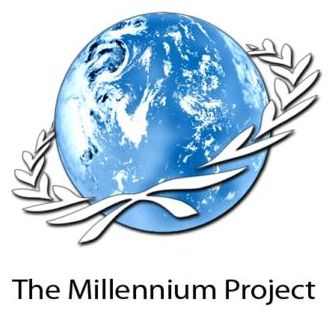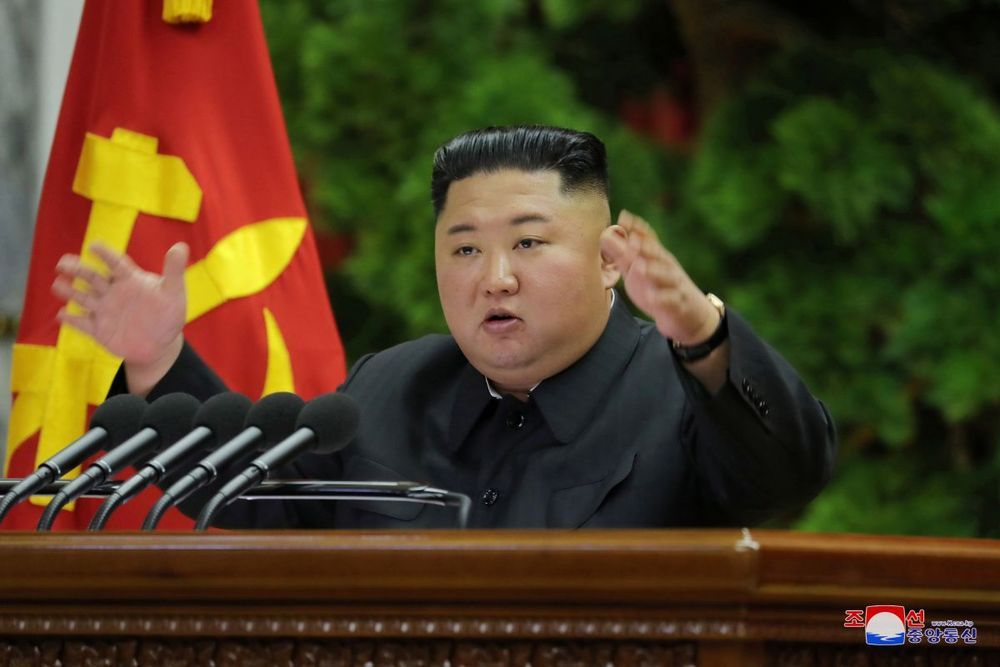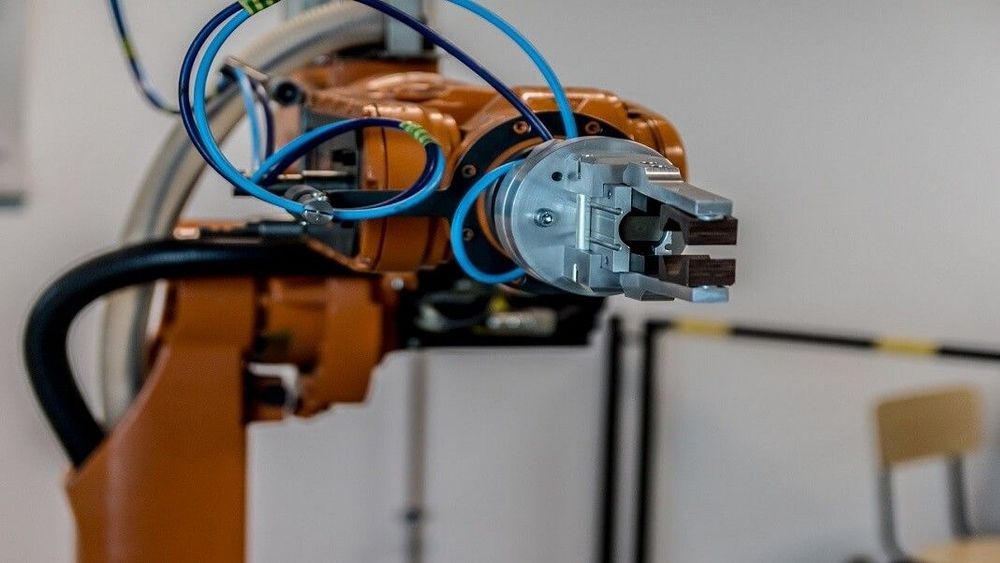Starting at 9PM EST tonight (noon New Zealand Time).
Press Release (ePRNews.com) — WASHINGTON — Feb 27, 2020 — World Future Day is March 1. This will be the seventh year that futurists and the general public will conduct a 24-hour, round-the-world conversation on the future on March 1 at 12 noon in whatever time zone they are in. Each year, total strangers discuss ideas about possible worlds of tomorrow in a relaxed, open, no-agenda conversation. Futures research is shared, collaborations are created, and new friendships are made.
The Millennium Project, a global foresight participatory think tank, will host this conversation on the future in collaboration with the Association of Professional Futurists (APF), Humanity+, UNESCO’s Global Futures Literacy Network, the World Academy of Art and Science (WAAS), and the World Futures Studies Federation (WFSF).
“Anybody can pull up a cyber-chair at this global table and join the discussion on ZOOM at: https://zoom.us/j/9795262723,” says Jerome Glenn, CEO of The Millennium Project. “Whatever time zone you are in, you are invited at 12:00 noon in your time zone. People drop in and out as they like. If people can’t come online at 12 noon, they are welcome to come online before or after that time as well.”






